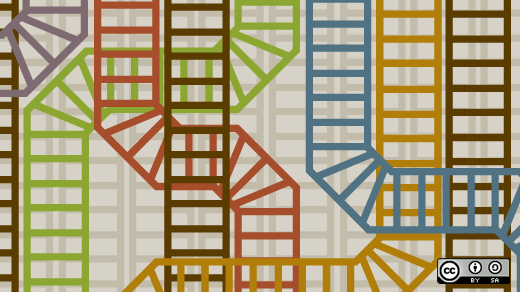
Here is a short piece I wrote recently for a Zócalo Public Square discussion on the question “Is Rising Inequality Slowly Poisoning Our Democracy?” The discussion included experts from the Brennan Center for Justice, Cato Institute, Economic Policy Institute, and Georgetown University Center on Poverty and Inequality.
When Michael Young coined the term “meritocracy” half a century ago, he meant it to be an insult, not an ideal. In his view, a society where only the best and brightest can advance would soon become a nightmare. Young predicted that democracy would self-destruct as the talented took power and the inferior accepted their deserved place at the bottom.
Of course, the world we live in today is still no meritocracy. If most Americans are expected to go it alone, without the help of government or unions, elites continue to block competitors and manipulate the rules—as Wall Street did in spectacular fashion in the lead-up to the 2008 financial crisis.
Celebrated French economist Thomas Piketty argues that even when—or especially when—the market operates efficiently, inherited wealth becomes an ever more potent force within the economy, slowly strangling the opportunities for ordinary individuals to advance.
Nevertheless, the myth of meritocracy tells us that the rich are rich because they—like Young’s talented ruling class—are smarter and better. They worked their way up. They are the “makers” growing the economy. Anyone who can’t do it on his or her “own” is just a “taker,” suckling on the government’s teat.
I found hints of this viewpoint when I interviewed the long-term unemployed for my book. Some felt enormous shame and blamed themselves for their inability to land another job. Often, the sense of failure had a negative impact on their personal relationships and their belief that they had something at all to contribute to society.
Preserving our democracy will require forceful government regulation and strong unions. Such approaches have their own flaws, but there is no other way to restore balance to an economy and society increasingly under the sway of an elite class.
Beyond that, we need to tackle head-on the culture of judgment, materialism, and ruthless advancement used to justify extreme inequality—and temper it with a measure of grace.
Victor Tan Chen Victor Tan Chen is In The Fray's editor in chief and the author of Cut Loose: Jobless and Hopeless in an Unfair Economy. Site: victortanchen.com | Facebook | Twitter: @victortanchen
- Follow us on Twitter: @inthefray
- Comment on stories or like us on Facebook
- Subscribe to our free email newsletter
- Send us your writing, photography, or artwork
- Republish our Creative Commons-licensed content

